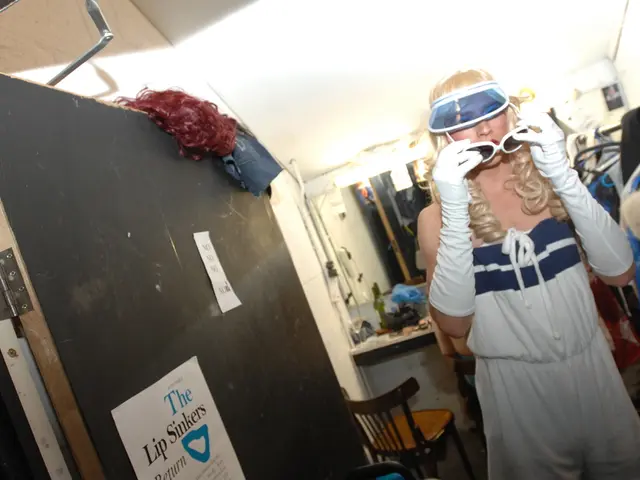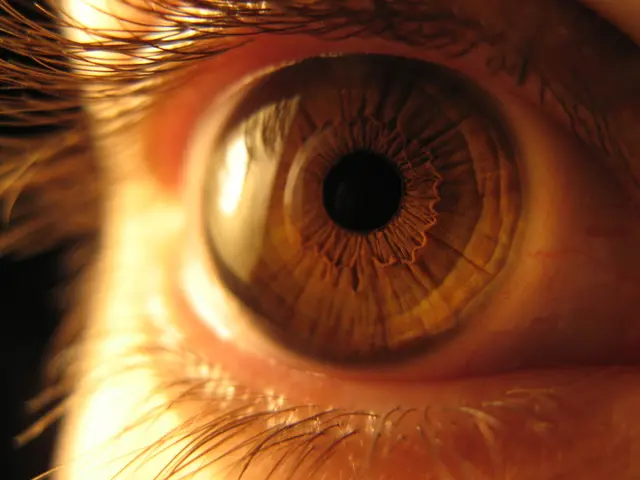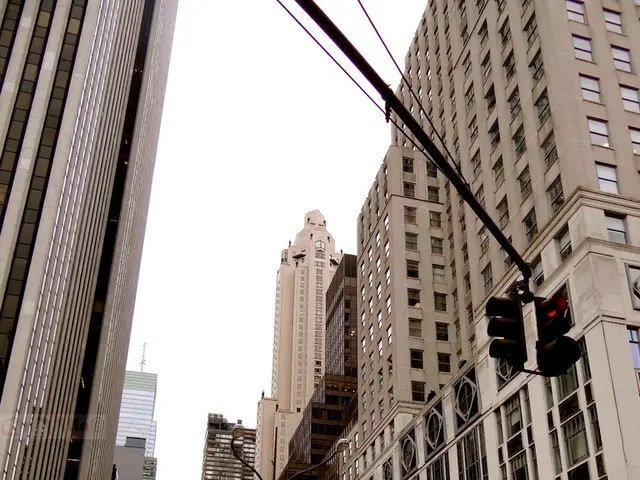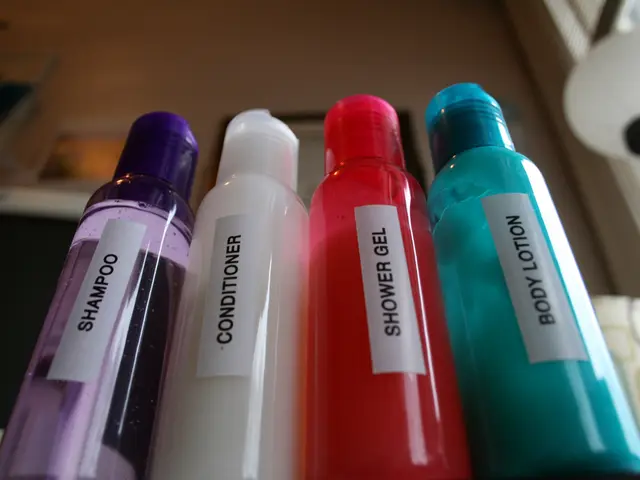Sunscreen avoidance among Gwyneth Paltrow and TikTok users, despite scientific consensus: A lack of trust in chemical substances used in commercial sunscreen products, propelling the adoption of homemade sun care alternatives.
Let's Chat About Self-Tanning and Sunscreen
Are you concerned about the impact of sunscreen on vitamin D levels and the safety of self-tanning products? Well, buckle up, sunshine, because we're diving into the nitty-gritty!
Gwyneth Paltrow, Phoenix Mok, Dr. Ahmad Chaudhry, and Felix Law have weighed in on this hot topic. Fret not about vitamin D deficiency due to sunscreen; our bodies still manage to synthesize vitamin D even when covered in SPF. As Law clarified, sunscreen might slightly reduce the production, but it doesn't completely block it.
Now, let's address the age-old pursuit of that perfect sun-kissed glow with tanning. Influencers may proclaim unprotected sun exposure as "natural" and "healthy," but dermatologists cry foul! Tanning is, in fact, just a disguise for skin damage. That bronze glow you're after? It's your skin screaming for help! Each tan adds up, speeding up the aging process and increasing the risk of skin cancers, particularly melanoma, known for its aggressive nature.
But what about self-tanning products? Are they any better? Generally, yes! Compared to unprotected sun exposure, self-tanners are far safer; they don't cause skin damage from UV rays, although they don't offer UV protection either. However, individuals with allergies or sensitivities to ingredients like DHA may experience skin reactions. To ensure safety, always perform a patch test before use.
Now, always remember to top up your sunscreen! Despite the advantages of self-tanning, we mustn't forget the significance of sun protection. So, enjoy that golden glow responsibly, and keep those wrinkles and skin cancers at bay!
- In the realm of health-and-wellness and skin-care, it's crucial to note that while self-tanning products may be safer than unprotected sun exposure, they don't provide UV protection.
- As we delve into the lifestyle sector, it's important to be mindful that while some may promote unprotected sun exposure as fashion-and-beauty, dermatologists warn against it for the potential risks associated with skin damage and cancers.
- In the context of science, Dr. Ahmad Chaudhry explains that while sunscreen may slightly reduce vitamin D production, it doesn't completely block it, making it a suitable choice for those concerned about vitamin D levels.
- During our conversation about entertainment and popular beliefs, it's enlightening to hear from Gwyneth Paltrow and Phoenix Mok, who stress the importance of responsible sun protection, even as they seek that desirable sun-kissed glow through safer methods like self-tanning.








